Eschenmoser Lecture 2018
Prof. Scott E. Denmark
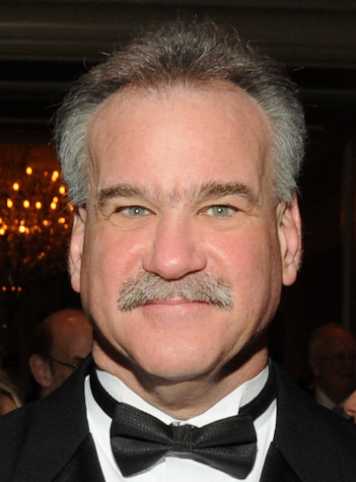
Prof. Scott E. Denmark was born in the state of New York in the USA in June of 1953. As a college student, he attended Massachusetts Institute of Technology (MIT) where he earned a S. B. degree in 1975. He performed undergraduate research under the guidance of Professors Richard H. Holm and Daniel S. Kemp. He was enrolled at ETH Zürich as a doctoral graduate student where he conducted research under the direction of Professor Albert Eschenmoser. Professor Denmark was awarded a D. Sc. Tech. degree in 1980 for his dissertation work entitled “On the Stereochemistry of the SN’ Reaction”. That same year he commenced an independent career as assistant professor at the University of Illinois at Urbana-Champaign, USA. He swiftly established a successful research program in organic synthesis and was promoted to associate professor in 1986 followed by full professor one year later. In 1991 he was named the Reynold C. Fuson Professor of Chemistry.
Professor Denmark’s scientific work has been recognized internationally in the form of numerous awards, including inter alia: Eli Lilly Research Grantee (1983); Beckman Endowment Research Award (1983); University of Illinois Center for Advanced Study, Beckman Fellow (1985); A. P. Sloan Foundation Fellow (1985-1987); NSF Presidential Young Investigator Award (1985-1990); Procter and Gamble University Exploratory Research Program Award (1986-89); University Scholar, University of Illinois (1986-1989); School of Chemical Sciences Teaching Award, University of Illinois (1986); Stuart Pharmaceuticals Award in Chemistry, ICI Americas (1987); A.C. Cope Scholar Award, American Chemical Society (1989); Alexander Von Humboldt Senior Scientist Award (1990); Fellow, American Association for the Advancement of Science (1990); Pedler Medal, Royal Society of Chemistry, (2002-2003); ACS Award for Creative Work in Synthetic Organic Chemistry (2003); and Yamada-Koga Prize of the Japan Research Foundation for Optically Active Compounds (2006); Prelog Medal (2007); Robert Robinson Medal (2008); Herbert C. Brown Award for Creative Research in Synthetic Methods (2009); ISHC Sebnior Award in Heterocyclic Chemistry; Frederic Stanley Kipping Award in silicon Chemistry (2014); Harry and Carol Mosher Award (2014).
Professor Denmark has established a research program that amalgamates the discovery and development of novel reaction chemistry with deep-seated mechanistic investigations. These themes can be traced throughout his work, spanning from his ground-breaking reports on the Nazarov cyclization through more recent investigations of enantioselective Lewis base catalysis. The silicon-directed Nazarov cyclization established an innovative role for silyl groups in steering the course of the reaction, substantively expanding the range of cyclization products that could be accessed, proving timely and relevant for synthesis of polyquinanes.
Prof. Denmark also devised innovative strategies for the execution of tandem [4 + 2]/[3 + 2] cycloaddition reactions, resulting in novel chiral auxiliaries for the execution of asymmetric cycloaddition sequences and the conceptualization of innovative strategies for synthesis. This work has enabled remarkably efficient syntheses of a wide range of structurally complex alkaloids from simple olefinic precursors, including numerous challenging pyrrolizidine and indolizidine natural products.
Professor Denmark has made substantive contributions in chemistry of organosilanes, wherein new opportunities for catalysis have been identified. The combination of creativity and mechanistic insight has produced a substantive new concept in the field of asymmetric synthesis, specifically enantioselective Lewis-base catalysis in a field that has been otherwise dominated by Lewis-acid catalysis. The intellectual departure from the established norm only came about as a consequence of the creativity and innovation that typifies Denmark’s research program. The development of this concept required a new class of reactant partners and attendant catalysts i.e. trichlorosilyl enolates and chiral phosphoramides. The success of these transformations constitutes a remarkable tour de force, as the efficient catalysts that have been reported by Denmark battle odds that include rapid, competing background reactions. Denmark’s catalysts have been shown to be effective for a wide range of reactions, including aldol additions of aldehydes, esters, and ketones, Ugi, and allylation along with propargylation reactions. The processes are notable as they proceed in high yields, excellent, predictable diastereoselectivity, and superb enantioselectivity.
In a parallel program, Denmark has developed a new class of cross-coupling reactions that promises to supplant the time-honored, standards in the field. Detailed mechanistic investigations have permitted the development of organosilanes as veritable Csp2-Csp2 coupling partners in Pd-mediated reactions to generate a reaction that bears his name: the Hiyama-Denmark Coupling. More recently Denmark has pioneered exciting developments in the design and synthesis of catalysts for heterofunctionalization of olefins. At the heart of the program is the discovery and study of main-group elements as catalysts.
Professor Denmark’s research efforts continue to venture into uncharted chemical territories and open up exciting possibilities for the science of chemistry. The parallel leitmotifs of stereochemistry and mechanism are dominant throughout his work in reaction discovery. Particularly noteworthy is use of stereochemical principles to deconvolute mechanistic intricacies and extract fundamental insight. It is thus fitting that in recognition of his innovation and leadership in organic chemistry, Professor Denmark has been chosen as the recipient of the 2018 Eschenmoser Lecturer.
Eschenmoser Lecture 2018
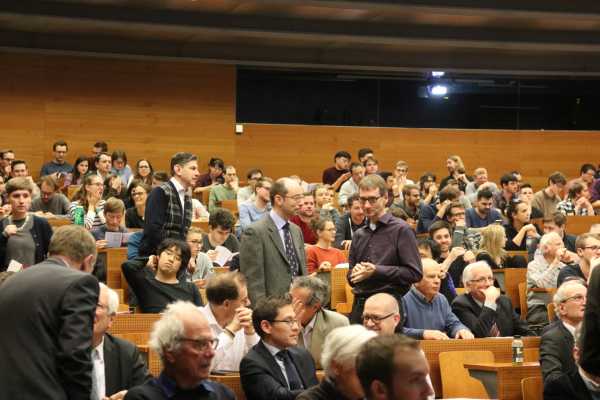
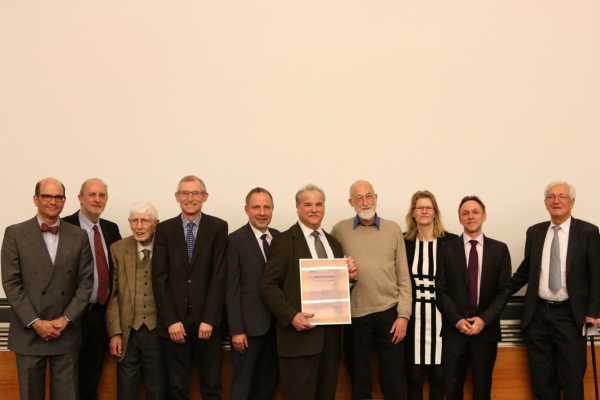
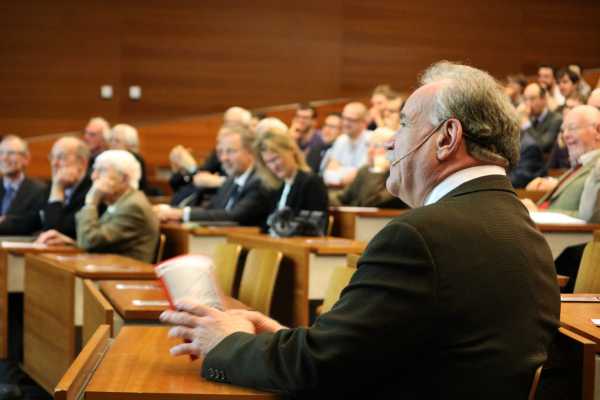
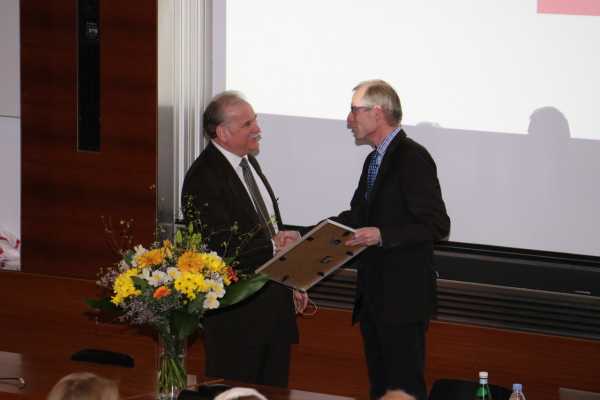
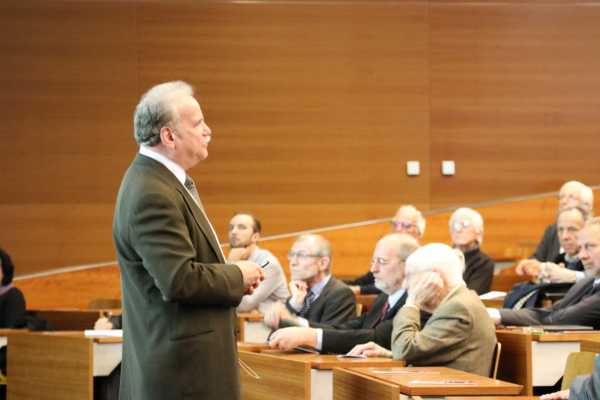
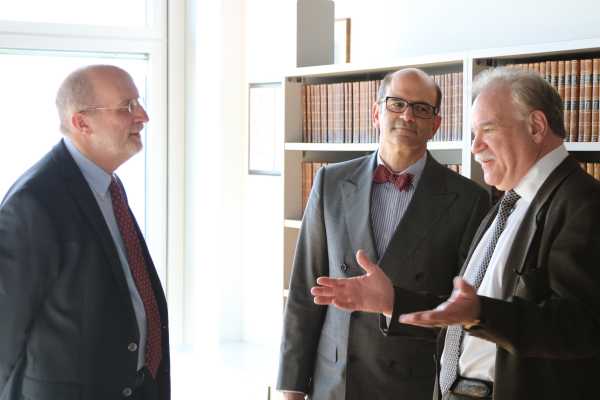
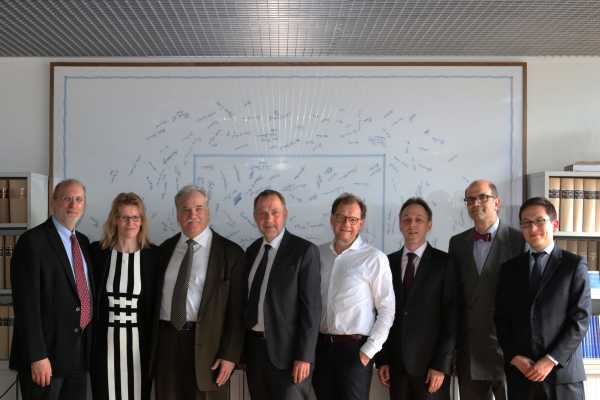
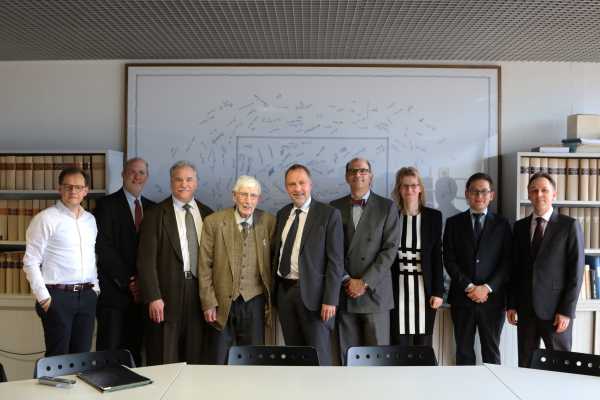
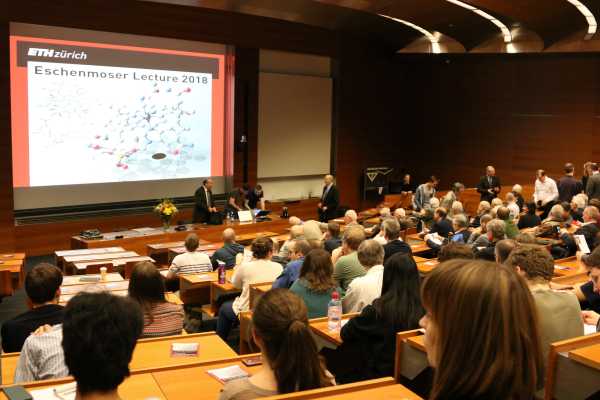
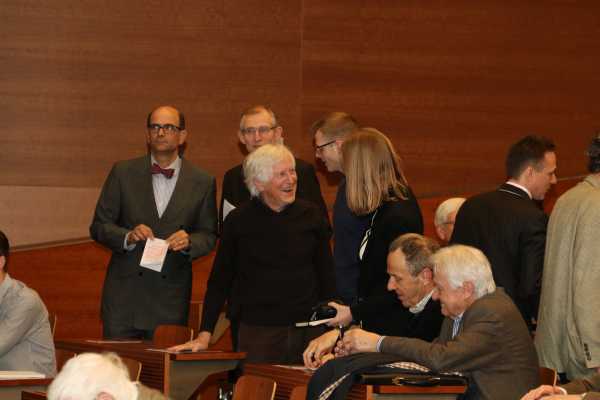
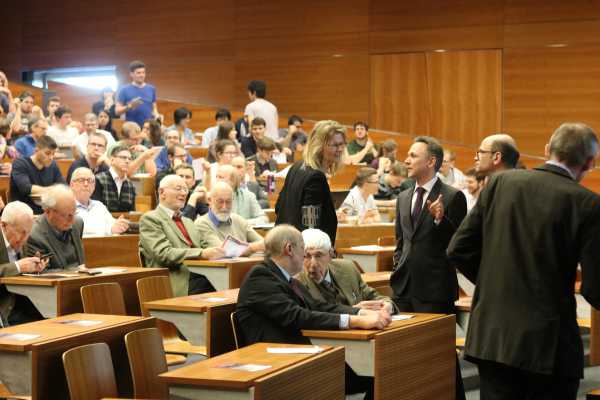
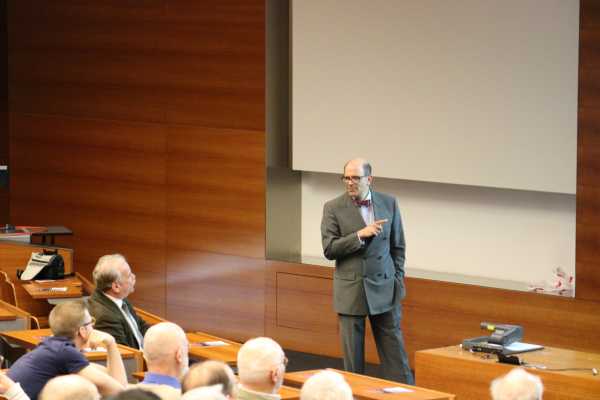
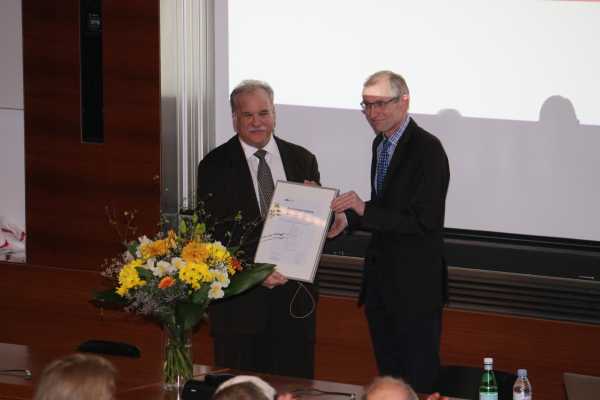
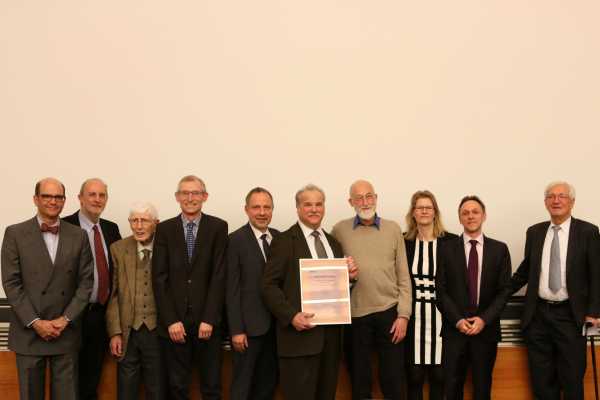
Synthetic Mechanistic and Computational Studies on AE Inspired Chemistry: From Polyene Cyclizations to Origin of Biomolecular Homochirality
- Chapters
- descriptions off, selected
- captions off, selected
This is a modal window.